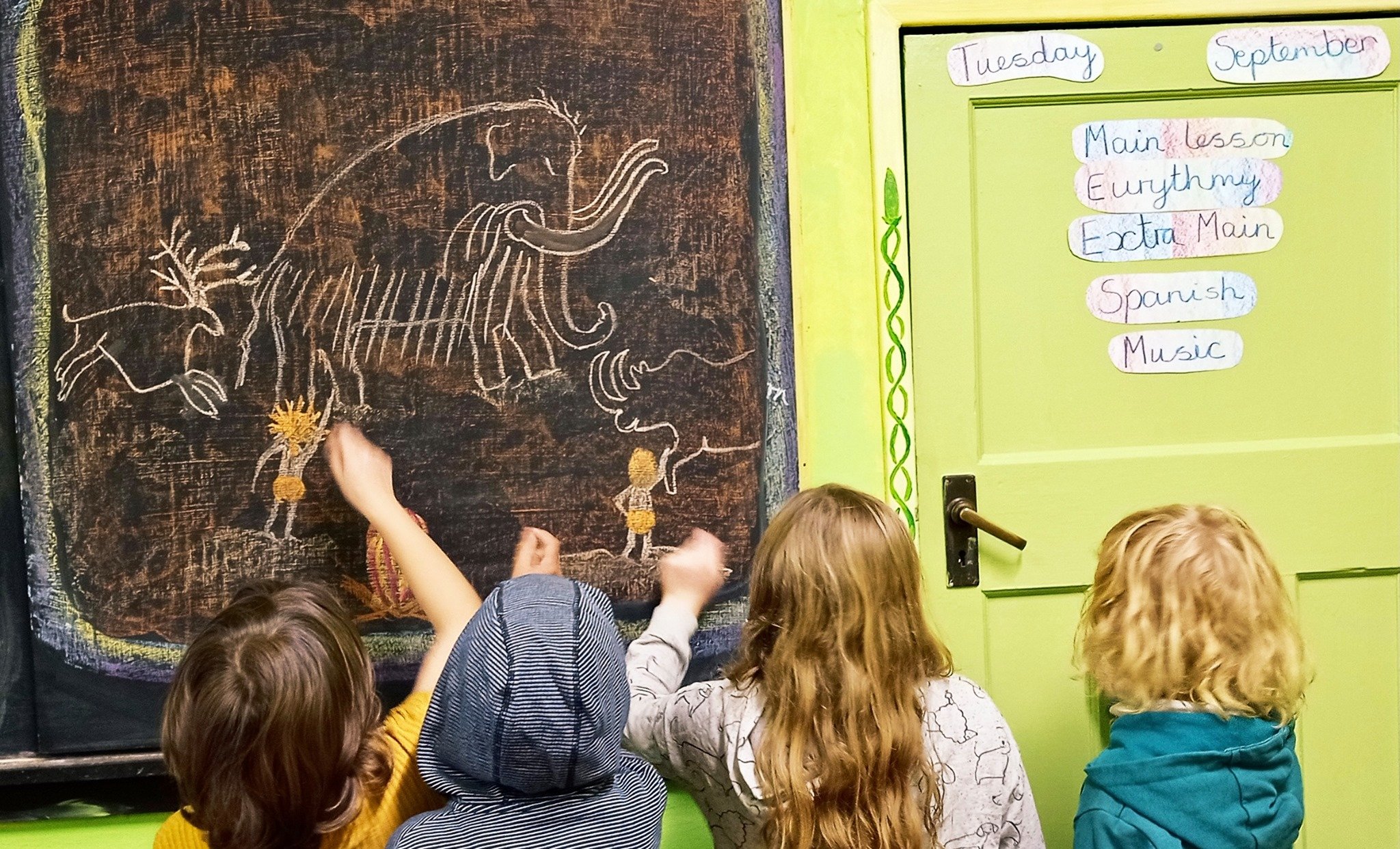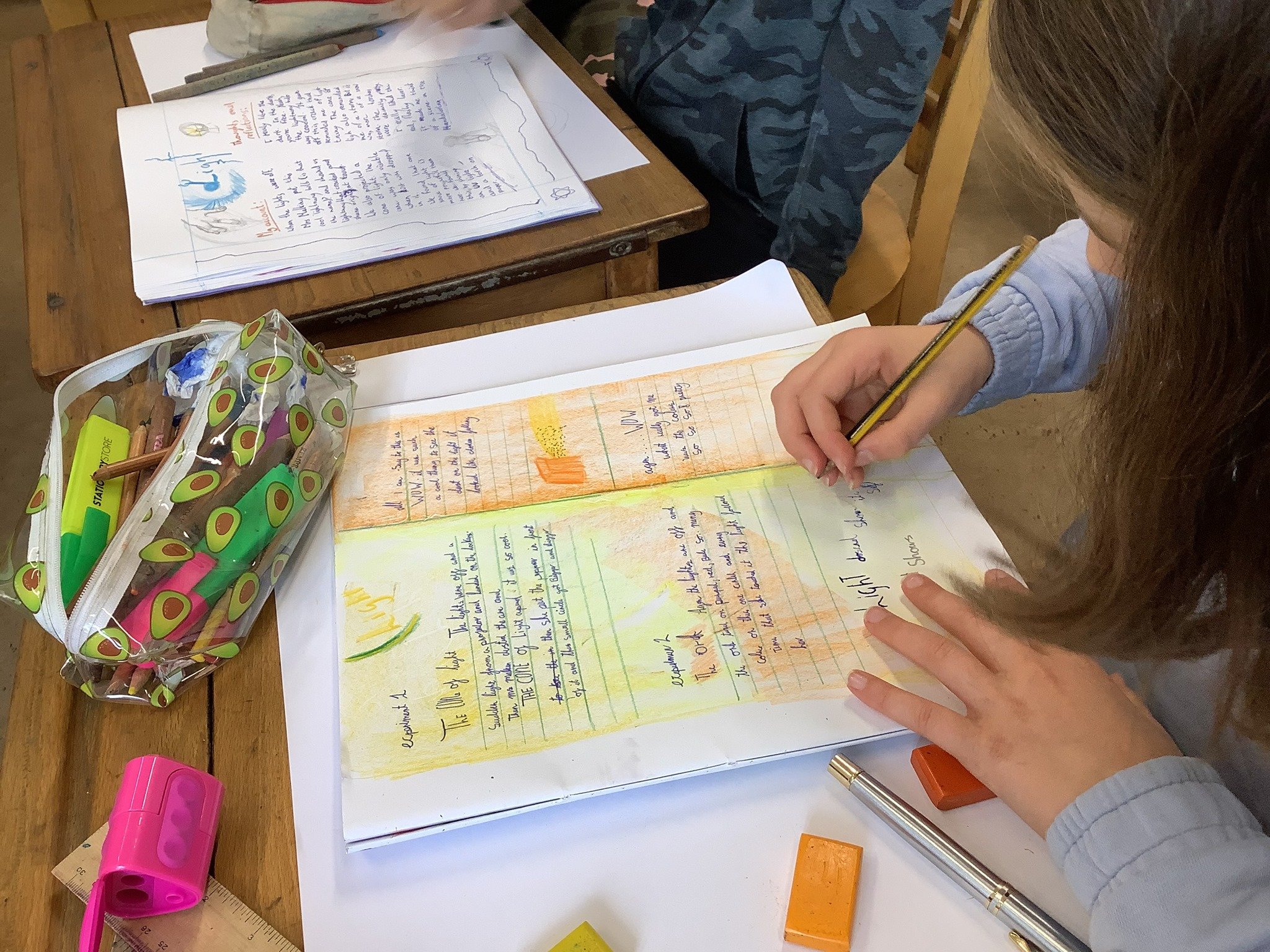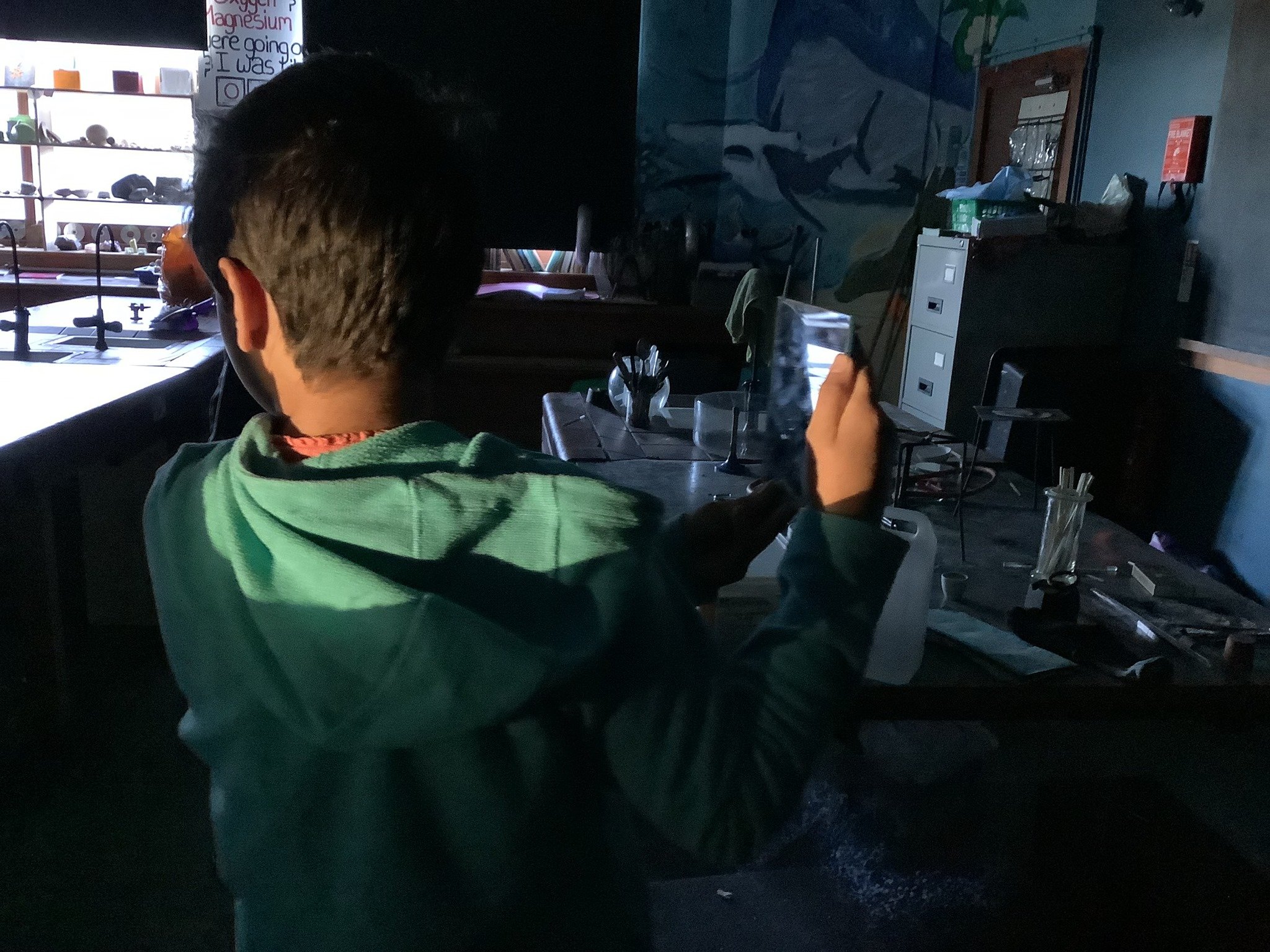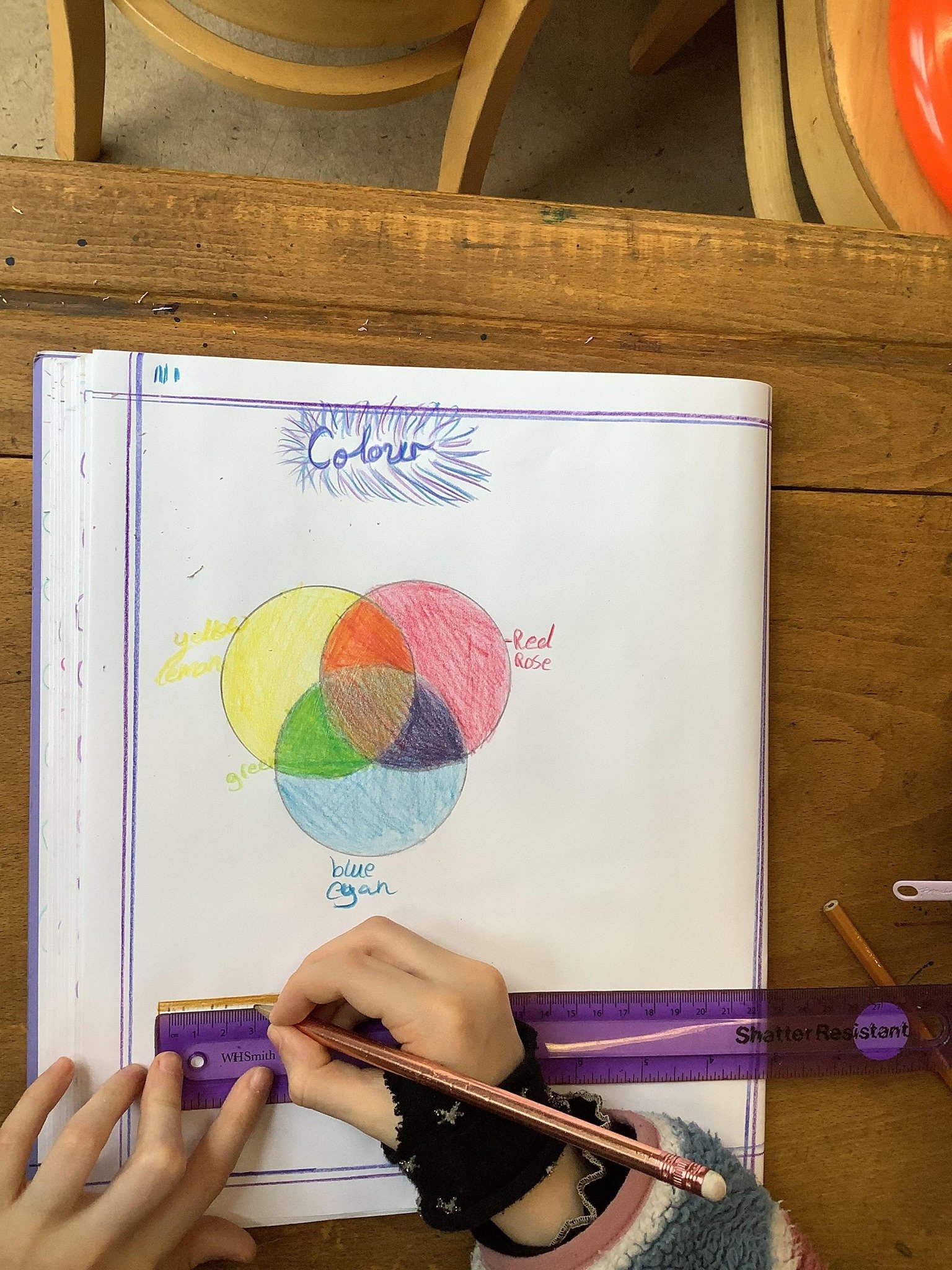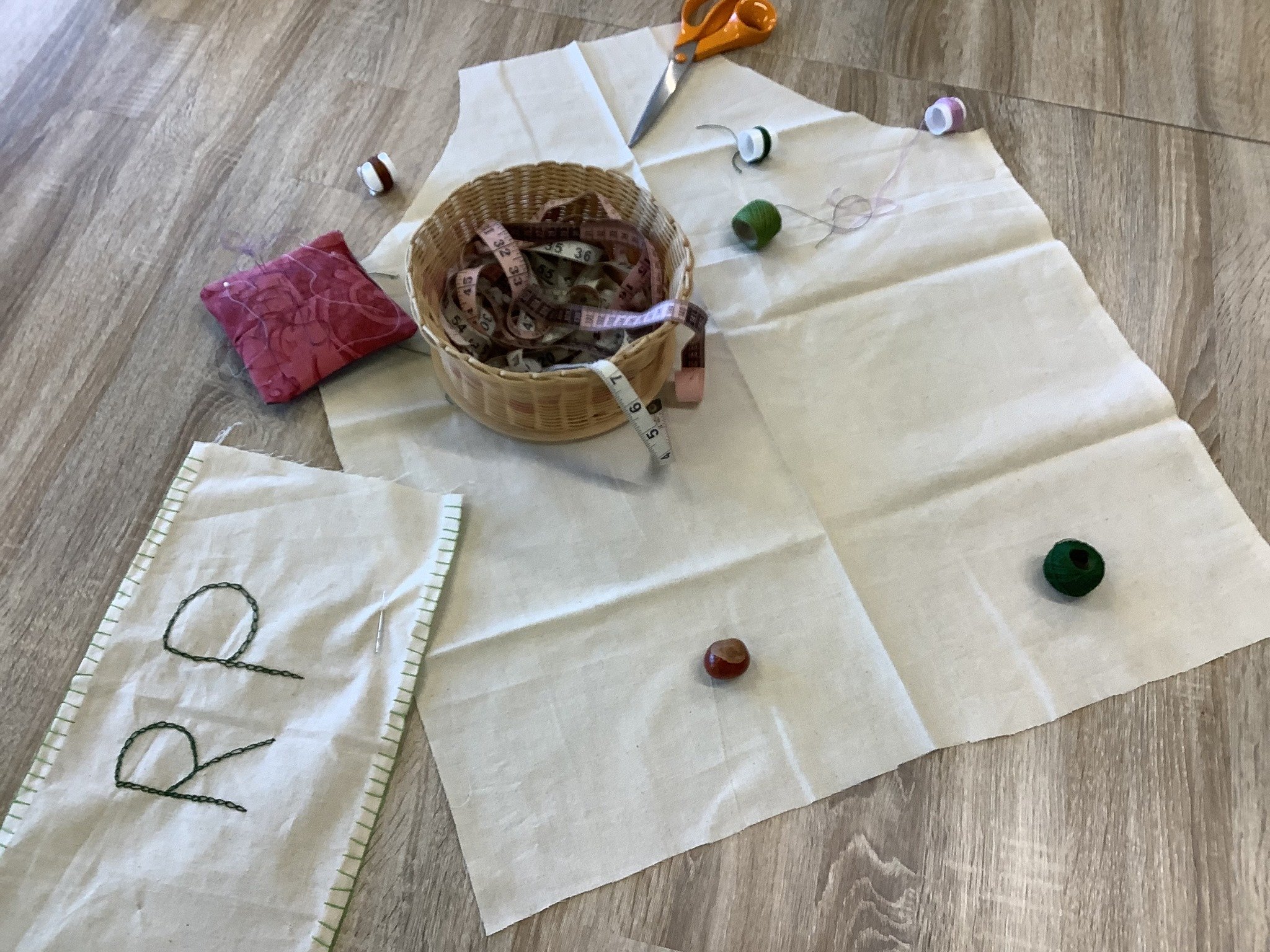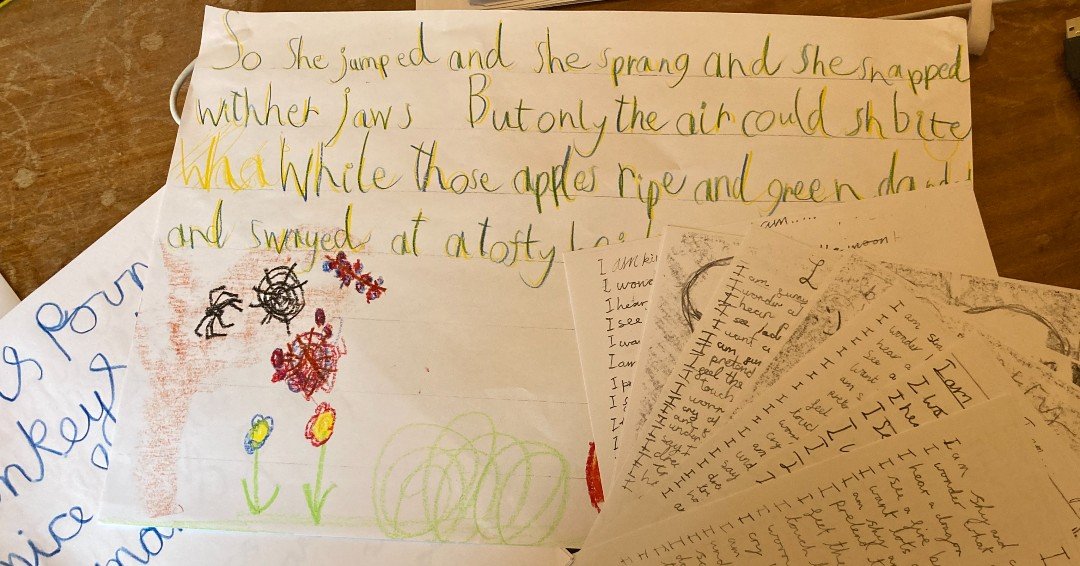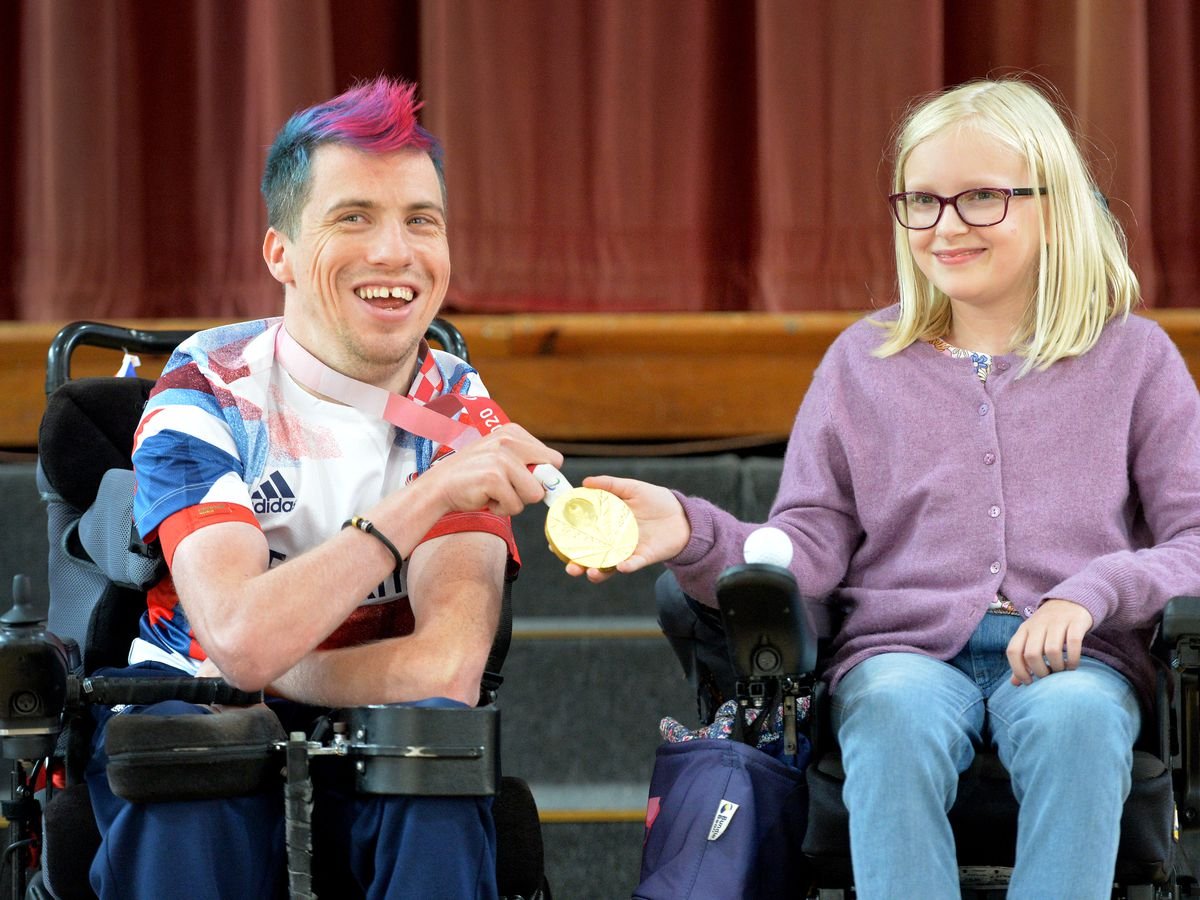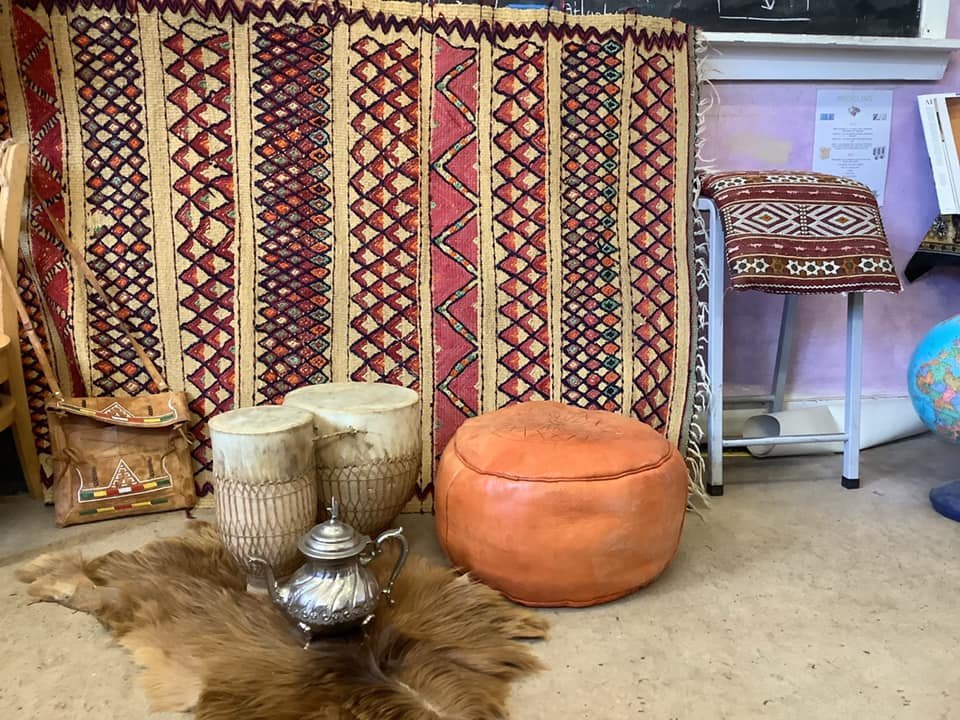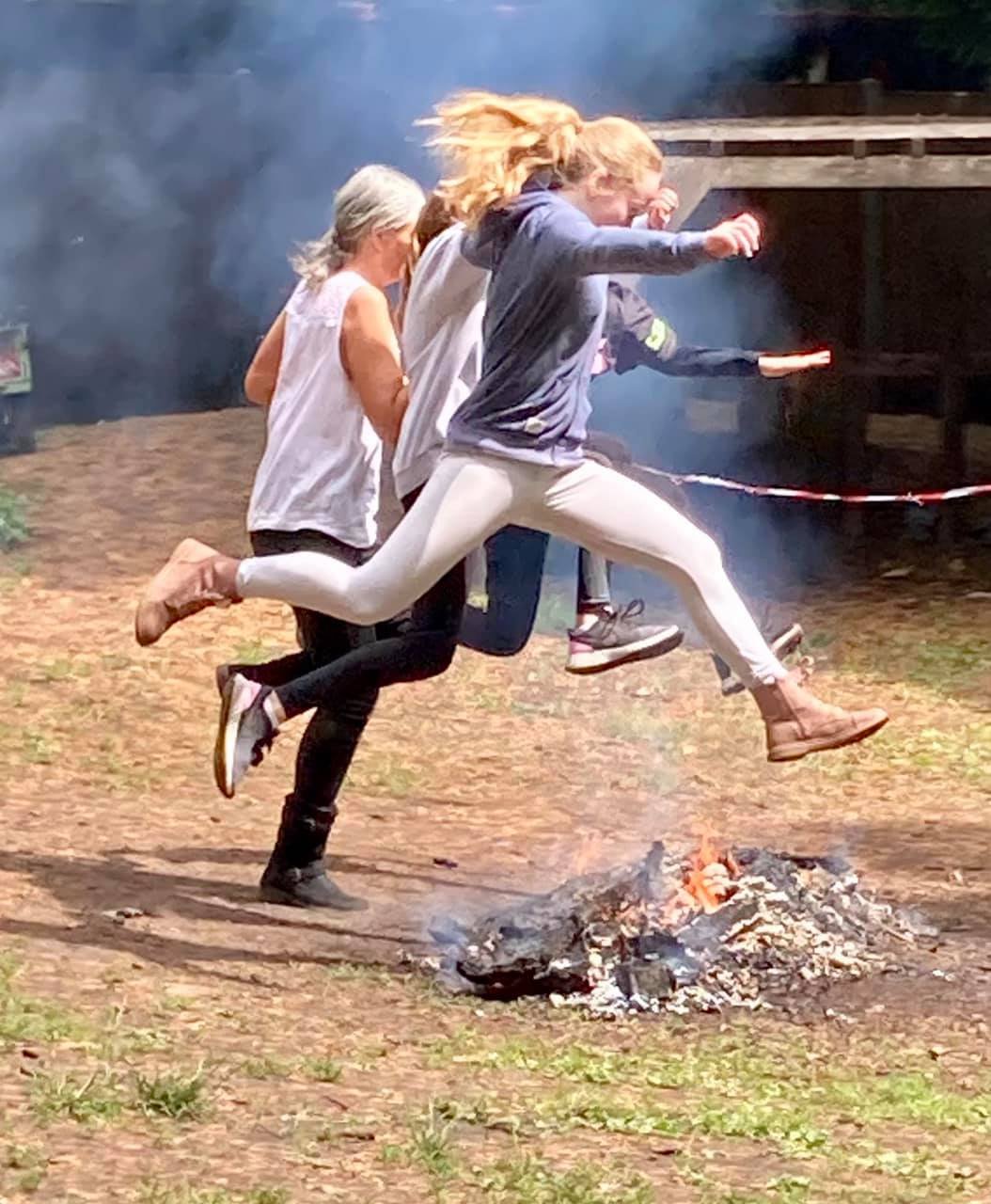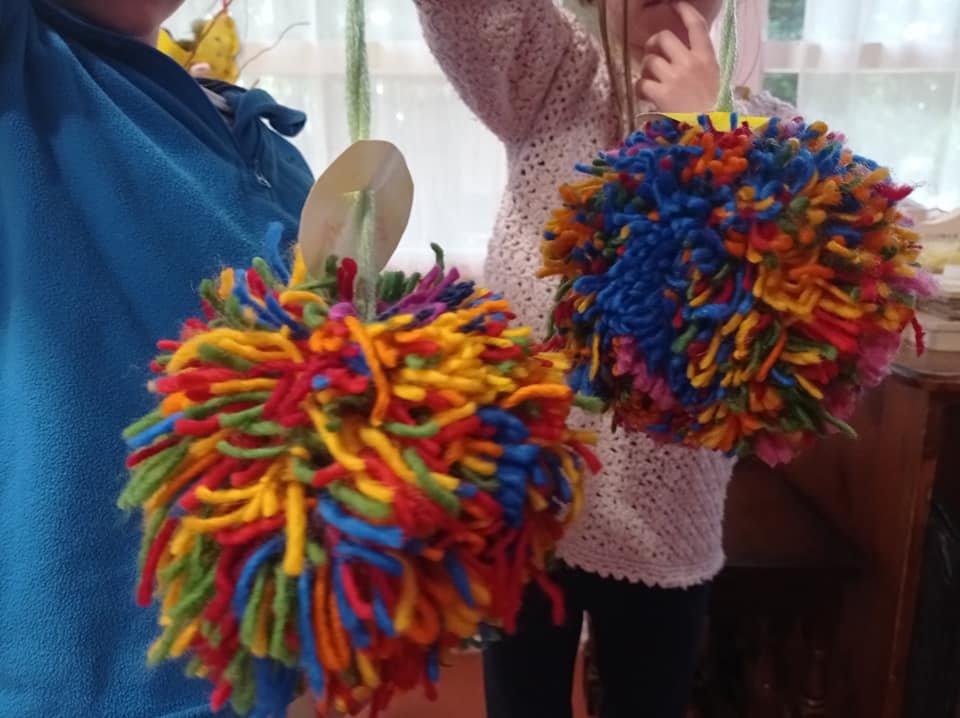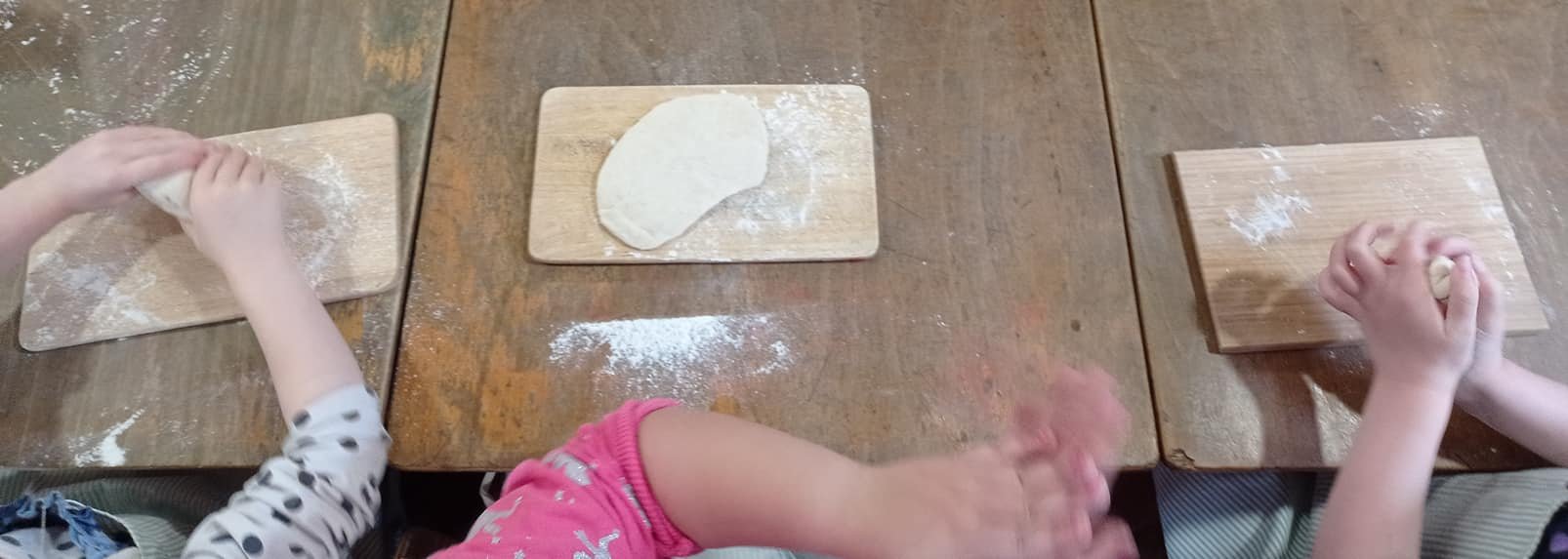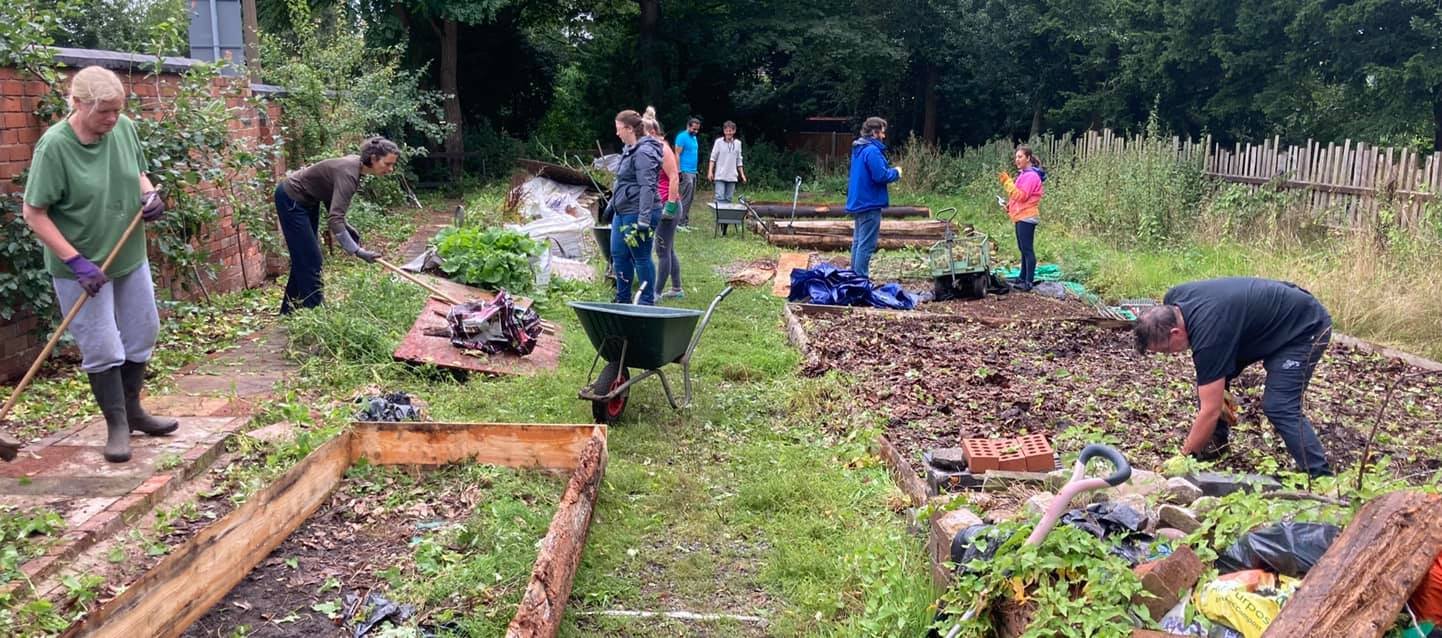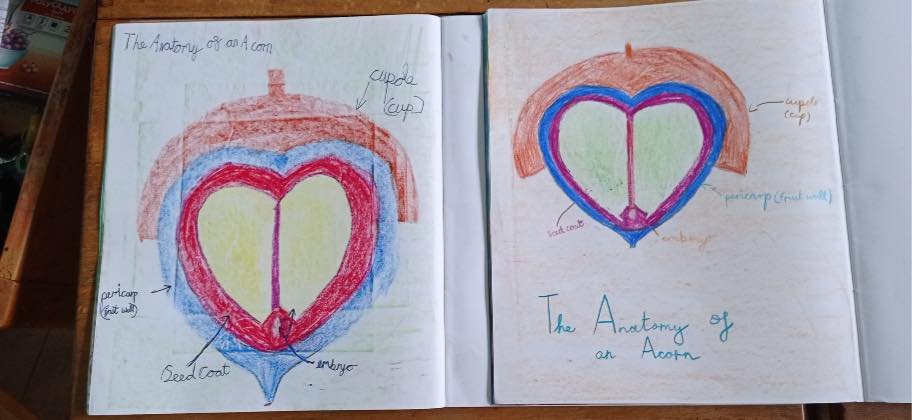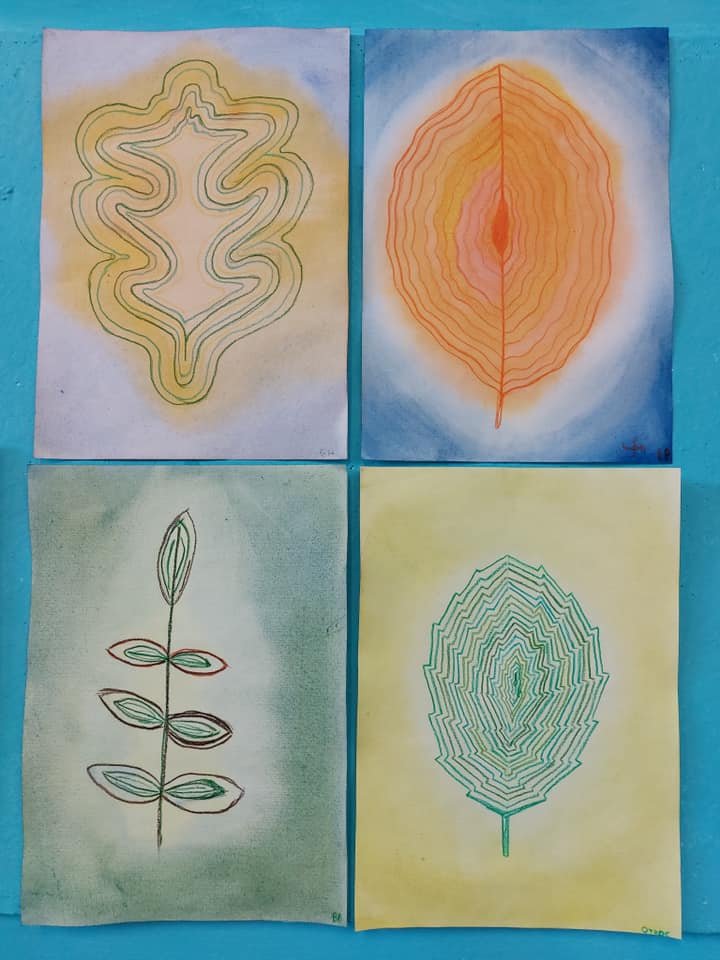The Steiner Waldorf Curriculum:
Aims and Intentions
Steiner Waldorf schools seek to educate the whole person in the three domains of educational purpose (Biesta, 2013) by enabling:
qualification: how students acquire the dispositions, skills, knowledge and cultural capital to participate in and contribute to the world of work and civil society,
socialisation: how students learn the dispositions, skills, knowledge and abilities to actively participate in their community and within a multicultural society and be able to establish and maintain coherent identities,
individuation: how students develop agency, judgement, sense of coherence, a feeling for responsibility, ethical dispositions, the ability to orientate their lives, be creative and develop a relationship to spirituality (Biesta refers to becoming a subject , or the process of subjectification).
Steiner Waldorf education believes that these overarching aims can be achieved through the development of twelve capacities:
Language and communication. The ability to use and understand languages (one’s own home language and at least one other), including all forms of orality and literacy, symbolism and the use of signs and logos. Literacy includes digital and media literacy.
Health and wellbeing. This includes feeling at home in one’s body, having basic nutritional and emotional needs met, and feeling safe, secure, seen, heard, recognised and understood. Wellbeing is supported by meaningful, trusting relationships and secure attachments. A vital aspect of this area of development is motor skills and physical fluency, as these manifest in all forms of movement, manual dexterity, tool use and gesture.
Senses. Highly developed senses and sensory integration are important for our relationship to the world and our understanding of it. This includes being able to direct our senses towards the world through noticing, attending and focusing on what is salient.
Imagination. The capacity for imagination is an essential aspect of knowledge. Imagination makes it possible to visualise other worlds, in history, in literature, or as scientific hypotheses and enables us to generate visions of a possible future or solutions to complex problems and processes, as well as being the basis for artistic activity.
Empathy. Empathy forms the basis for understanding others, and is the foundation for sociality in a multi-cultural society. It is also the basis for knowing about the world in a phenomenological and participatory way.
Aesthetics. Art is a way of understanding the world. A sense for aesthetics allows us to experience and appreciate the inherent qualities of things and beings in the world, such as colours, shapes, forms, textures, sounds, movement and so on, and to respond to and engage with these in an artistic way. Aesthetics also includes engaging with materials, recognising their qualities and transforming them into artefacts of all kinds through designing, shaping and making.
Enquiry. Being able to ask questions out of curiosity in ways that open situations up and generate knowledge is important to agency. It is the basis for scientific methods and understandings as well as interpretation, symptomatology, artistic activity and research of all kinds.
Democratic participation. The capacity for democratic participation has to be learned through experience of democratic behaviour in all its diversity as well as through understandings of different kinds of societies over historical time and cultural space. Learning about governance in different settings and self-management are important aspects of democratic understanding, along with the ability to recognise what hinders, manipulates and perverts democracy.
Lifelong learning. Lifelong learning involves being able to make sense and meaning of experiences, and apply learning in different contexts. It understands learning as transformation, not merely the retention of facts, information and accounts of the world that can be reproduced if required. Lifelong learning is dependent on motivation, and the capability to reflect, assess and plan.
Future thinking. Future thinking includes not only the ability to aspire to a different future but to be able to plan and take realistic steps towards realising these aspirations. It involves imagination and an understanding of the relationship between the present and the past. It means being able to withdraw from an intractable position in order to engage with problems which are difficult or seemingly impossible to solve.
Holistic thinking and spiritual experience. The capacity for holistic, living, joined-up thinking enables us to recognise patterns, correlations and interactions, and understand complexity and multidimensional phenomena, such as processes over time involving a multiplicity of factors. Spiritual experiences enables us to feel that we are part of something larger and less tangible, informing the deepest values and meanings by which we live, and giving an ethical orientation to our actions.
Judgement. Sound, autonomous judgement, based on knowledge, insight and the weighing up of numerous factors is the basis of ethics and being able to take up positions and the justify and explain them.
Each of the academic subject disciplines contributes to the development of these capacities in a range of ways. Outlined below, for each of the Independent School Standards areas of education, are the purpose of study, the aims of the curriculum, and the ways in which each one contributes to the development of the above capacities through its long term curriculum intent.
“Our highest endeavour must be to develop free human beings who are able of themselves to impart purpose and direction to their lives ”



